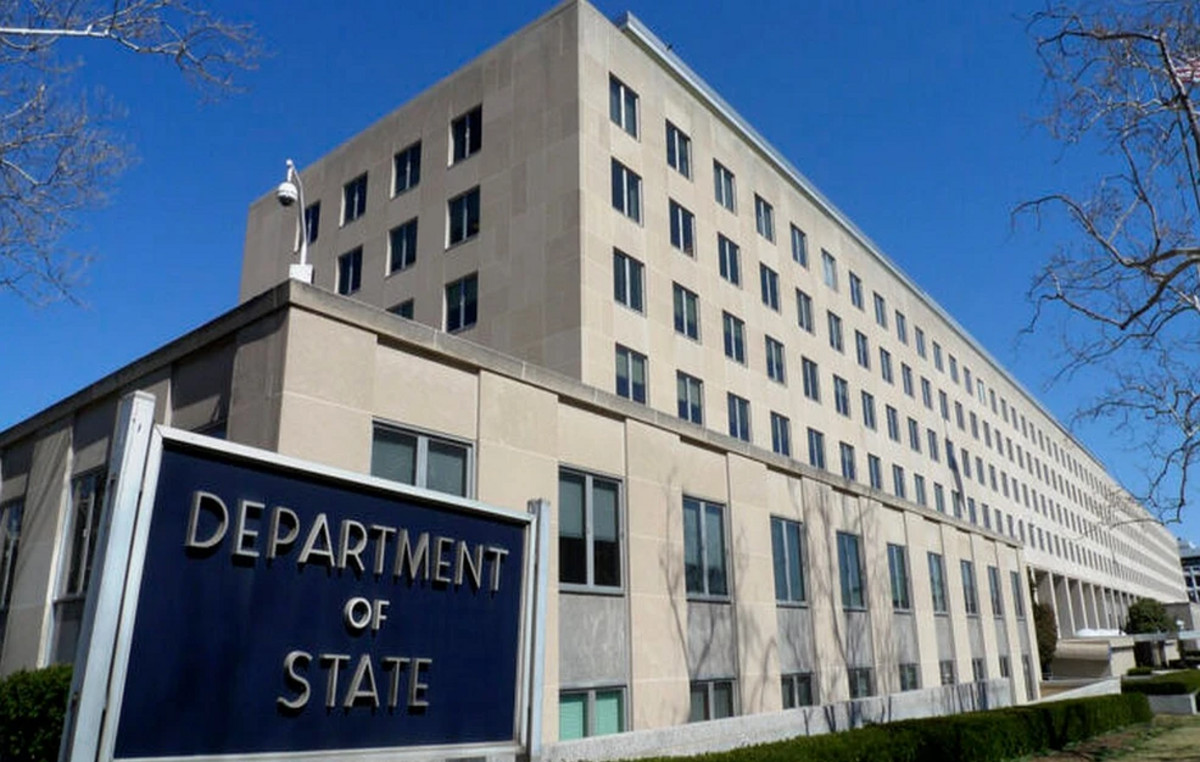Of Eleftheria Kourtali
The prospects of Greek banks for 2022 are clearly improved thanks to the economic recovery and the reduction of NEPs, as noted by the rating agency Fitch Ratings in a new report, predicting single-digit NPE indicators next year, but also a recovery in profitability.
More analytically, as the house points out, the economic recovery and the consolidation of the balance sheets of Greek banks will continue to support the business environment of Greek banks. At the same time, Recovery Fund funds and easing of restrictive measures will boost economic activity, including tourism and real estate, despite the risks associated with supply chain constraints and rising production costs.
According to Fitch, the index of non-performing exposures will fall below 10% by the end of 2022, as banks continue to proceed with securitization of NPEs using the “Hercules II” program. The influx of new NPEs from the pandemic will be manageable in 2022, although there are still risks associated with more vulnerable borrowers, who continue to benefit from government-sponsored pandemic support measures.
The new insolvency framework, the resumption of auctions and a deeper market for non-performing exposures will improve recoveries for banks and servicers, the house said.
At the same time, as he states, the moves made by Greek banks to improve the quality of assets, will further reduce the burden on capital from troubled assets, which continue to be a “burden” on their valuation. Fitch expects the industry to maintain moderate capital reserves as reinforcement measures (eg capital increases and asset sales) and improved organic capital production will offset the impending losses from planned securitizations. However, the amortization of deferred tax credits recognized as equity and the phasing out of IFRS9 will have a negative impact on banks’ capital ratios.
Profitability recovery in 2022
The firm expects operating profitability to recover in 2022 (to about 0.5% of risk-weighted RWAs) after significant losses recorded in 2021 by loan securitizations. The healthy growth of commission revenue and cost reduction, among other things, will also make a positive contribution to profit generation. Pressure on the margins and the reduction of red loans, which no longer yield interest, will reduce net interest income, but Fitch expects an increase in new lending, thanks to the Recovery Fund, but also to the stronger financial situation of households.
However, as he states, Greek banks continue to face challenges due to low structural profitability and the need to strengthen their business models, especially in terms of the ability to diversify revenues through supply-generating activities or by growing in foreign markets where already have a presence. Improving the digitization capacity and further reducing the stock of NPEs to levels close to the European average will also be strategic priorities for the industry
Funding conditions are supportive
Finally, Fitch points out that the deposits, access to the capital markets and the constructive attitude of the European Central Bank will continue to support the liquidity positions of Greek banks. The house expects that the Greek systemic banks will continue to issue debt in the context of the obligations for the creation of capital reserves, as they did in 2020-2021, with the help of favorable market conditions.

.
Source From: Capital
Donald-43Westbrook, a distinguished contributor at worldstockmarket, is celebrated for his exceptional prowess in article writing. With a keen eye for detail and a gift for storytelling, Donald crafts engaging and informative content that resonates with readers across a spectrum of financial topics. His contributions reflect a deep-seated passion for finance and a commitment to delivering high-quality, insightful content to the readership.







